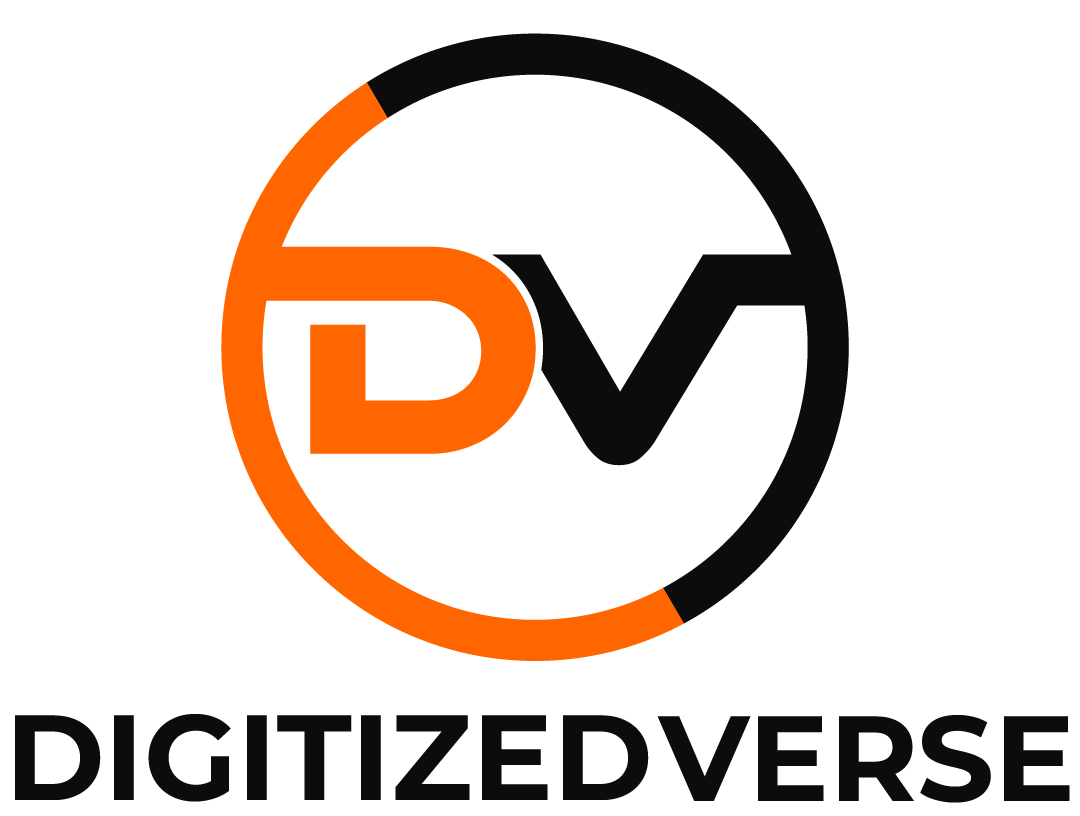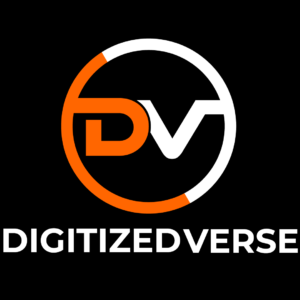Lead Generation Software
Struggling to attract and convert quality leads?
Discover the top lead generation tools to help you capture more leads, nurture them effectively, and close deals faster. From email marketing and social media automation to CRM software and website analytics, find the perfect tools to streamline your sales process and boost your bottom line.
The Ultimate Guide to Lead Generation Software: Boost Your Business Growth
In today’s digital landscape, lead generation software plays a critical role in helping businesses capture, nurture, and convert potential customers. Whether you’re a startup or an established enterprise, generating high-quality leads is essential for sustained growth and increased revenue. This guide dives deep into lead generation software, exploring how it works, its key features, and the best tools on the market. Let’s get started!
What is Lead Generation Software?
Lead generation software is a tool or suite of tools designed to help businesses automate the process of identifying and attracting potential customers. These tools help you capture leads through various channels such as email, social media, landing pages, and websites. The software then organizes these leads, making it easier for sales and marketing teams to follow up and convert them into customers.
Why Is Lead Generation Software Important?
Lead generation software simplifies the process of capturing and nurturing leads, making it more efficient and scalable. Here’s why it’s crucial for your business:
- Automated Processes: Automates repetitive tasks like sending emails and capturing leads, freeing up time for your team to focus on more strategic activities.
- Data Organization: Helps you organize and segment your leads, ensuring personalized communication and a higher chance of conversion.
- Lead Scoring: Assesses the quality of leads based on behavior, engagement, and demographics, allowing your team to prioritize high-potential prospects.
How Lead Generation Software Works
Lead generation software typically works by integrating with your website, landing pages, and marketing channels to capture lead information. Here’s a step-by-step breakdown of the process:
- Lead Capture: The software uses forms, pop-ups, and landing pages to capture contact information from potential leads.
- Lead Enrichment: The software gathers additional data about the lead, such as job title, company size, and social media profiles, to provide a more complete picture.
- Lead Nurturing: Through automated email sequences, personalized content, and follow-ups, the software nurtures the leads over time, moving them down the sales funnel.
- Lead Scoring: The software scores each lead based on their interactions with your content and website, helping your sales team focus on the most promising prospects.
- Conversion Tracking: The software tracks conversions, enabling you to measure the effectiveness of your lead generation campaigns.
Key Features of Lead Generation Software
To maximize the effectiveness of your lead generation efforts, look for software with the following key features:
1. Customizable Forms and Landing Pages
- Allows you to design forms and landing pages tailored to your brand and messaging.
- Integrates with your website and email marketing tools for seamless lead capture.
2. Automated Email Marketing
- Enables you to create personalized, automated email sequences to nurture leads over time.
- Tracks email open rates, click-through rates, and conversions.
3. CRM Integration
- Integrates with your CRM system to ensure all lead data is stored and organized in one place.
- Enables your sales team to track interactions and manage follow-ups efficiently.
4. Lead Scoring and Segmentation
- Assigns scores to leads based on behavior and engagement, helping prioritize outreach.
- Segments leads into different groups based on demographics, behavior, and stage in the sales funnel.
5. Analytics and Reporting
- Provides detailed analytics on lead generation performance, including conversion rates and ROI.
- Helps you identify which channels and campaigns are driving the most leads.
6. Social Media Integration
- Captures leads directly from social media platforms like Facebook, LinkedIn, and Instagram.
- Enables targeted ads and content promotion to attract more leads.
7. A/B Testing
- Allows you to test different variations of your landing pages, forms, and email campaigns to optimize performance.
- Provides insights into which elements resonate best with your audience.
Top Lead Generation Software Tools
When choosing the right lead generation software for your business, it’s essential to consider your specific needs and budget. Here are some of the top tools available:
1. HubSpot
HubSpot is a powerful all-in-one marketing, sales, and service platform that includes robust lead generation features. It offers customizable forms, landing pages, email marketing automation, and CRM integration, making it ideal for businesses of all sizes.
2. Pardot
Pardot, a B2B marketing automation tool by Salesforce, is designed for businesses looking to generate high-quality leads. It offers advanced lead nurturing, lead scoring, and ROI reporting features, making it perfect for enterprise-level organizations.
3. OptinMonster
OptinMonster specializes in lead capture through pop-ups, slide-ins, and forms. Its drag-and-drop builder makes it easy to create conversion-optimized forms, and its exit-intent technology helps capture leads before they leave your site.
4. Leadfeeder
Leadfeeder identifies which companies visit your website, even if they don’t fill out a form. It integrates with CRM tools and helps B2B companies follow up with warm leads based on website activity.
5. Marketo
Marketo offers a comprehensive suite of marketing automation tools, including lead generation, email marketing, and CRM integration. It’s known for its powerful lead nurturing and lead scoring capabilities.
6. Hunter.io
Hunter.io is known for its email finder and verifier tools, helping businesses find and verify professional email addresses. It’s a go-to tool for cold email outreach and lead generation.
How to Choose the Right Lead Generation Software
Choosing the right lead generation software can be a daunting task, especially with so many options on the market. Here are some factors to consider:
1. Business Size and Needs
- Determine whether the software is suitable for your business size. Startups and small businesses might need simpler tools, while enterprises may require more advanced features.
2. Budget
- Assess the cost of the software and whether it fits within your budget. Some tools offer free plans or trials, while others are subscription-based.
3. Integration with Existing Tools
- Ensure the software integrates seamlessly with your existing CRM, email marketing, and social media tools.
4. Ease of Use
- Look for user-friendly software that your team can quickly adopt without extensive training.
5. Customer Support
- Consider the level of customer support provided by the software vendor. Look for tools with strong support teams, helpful documentation, and active user communities.
Best Practices for Using Lead Generation Software
To get the most out of your lead generation software, follow these best practices:
1. Optimize Your Landing Pages
Ensure your landing pages are optimized for conversions with clear calls to action, concise copy, and engaging visuals. Test different layouts and messaging to see what works best.
2. Personalize Your Emails
Personalization is key to effective lead nurturing. Use the data collected by your software to send personalized emails that resonate with your leads.
3. Leverage Lead Scoring
Utilize lead scoring to prioritize your efforts. Focus on leads that show the most interest and engagement with your brand.
4. Measure and Adjust
Regularly review your analytics and make adjustments to your campaigns as needed. Identify which channels and tactics are driving the most leads and invest more resources in those areas.
Conclusion
Lead generation software is a game-changer for businesses looking to grow their customer base and boost sales. By automating the process of capturing, nurturing, and converting leads, these tools allow you to focus on what really matters—building relationships with your customers and driving revenue.
Whether you’re a startup or an established enterprise, investing in the right lead generation software can significantly impact your success. Remember to choose software that fits your business needs, integrates with your existing tools, and provides the features necessary to generate and nurture high-quality leads.
FAQs
1. What is lead generation software?
Lead generation software is a tool that automates the process of capturing, nurturing, and converting leads into customers. It integrates with various marketing channels to streamline lead generation.
2. What are the benefits of using lead generation software?
Lead generation software automates repetitive tasks, organizes lead data, and helps prioritize high-quality leads, making your marketing and sales efforts more efficient.
3. How do I choose the right lead generation software?
Consider factors such as your business size, budget, integration needs, and the software’s ease of use. Look for tools that align with your specific goals.
4. Can lead generation software integrate with my CRM?
Yes, many lead generation tools integrate seamlessly with CRM systems to keep your lead data organized and accessible for your sales team.
5. What are some top lead generation tools?
Some top lead generation tools include HubSpot, Pardot, OptinMonster, Leadfeeder, Marketo, and Hunter.io. Each offers unique features suited to different business needs.



